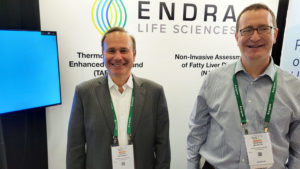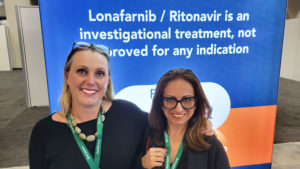Alarming demographic trends in mortality, promising new pharmaceutical trial data, and debate over a name change were among the hot topics discussed recently at The Liver Meeting 2022.
The annual meeting held by the American Association for the Study of Liver Diseases (AASLD) in Washington, D.C. from Nov. 4-8 introduced new research revealing individuals diagnosed with alcohol use disorder (AUD) along with diabetes mellitus or hepatitis C were at higher risk for alcohol-related advanced liver disease (AALD) and subsequent mortality. Researchers also found being African American had a protective effect, reported Healio.1 Three factors (diabetes, hepatitis C virus, and non-African American race) had an accumulative effect that were associated with a 50% risk for AALD, and individuals with none of the three factors had an 8% risk over the follow-up period.
Researchers also released some good news on an ongoing clinical trial as bulevirtide monotherapy was found to be safe and effective at 72 weeks for patients with hepatitis D virus-related compensated cirrhosis, with virological and clinical responses increasing over time, reported Healio.2 The studies of bulevirtide found that 67% of patients achieved a virological response (HDV RNA 2 Log decline compared with baseline) by week 48 and 69% achieved virological response at week 72.
Debate also continued over whether to change the name of “non-alcoholic fatty liver disease” (NAFLD). Some have argued the term “non-alcoholic” overstates the lack of alcohol use and underplays the significance of metabolic risk factors that drive disease progression. Additionally, “non-alcoholic” has attached a stigma to the term, which has resulted in worse quality of life among patients with NAFLD and less consideration in health policy, according to a report in Healio.3
In early 2021, a global survey of 264 experts found that 74% responded that NAFLD warranted a name change. The survey also found 66% agreed the definition needed changing while 34% did not agree. Eighty-two percent of respondents felt a definition change would either have no impact or would enhance interpretation, and 59% said the change would cause a delay.
References:
















